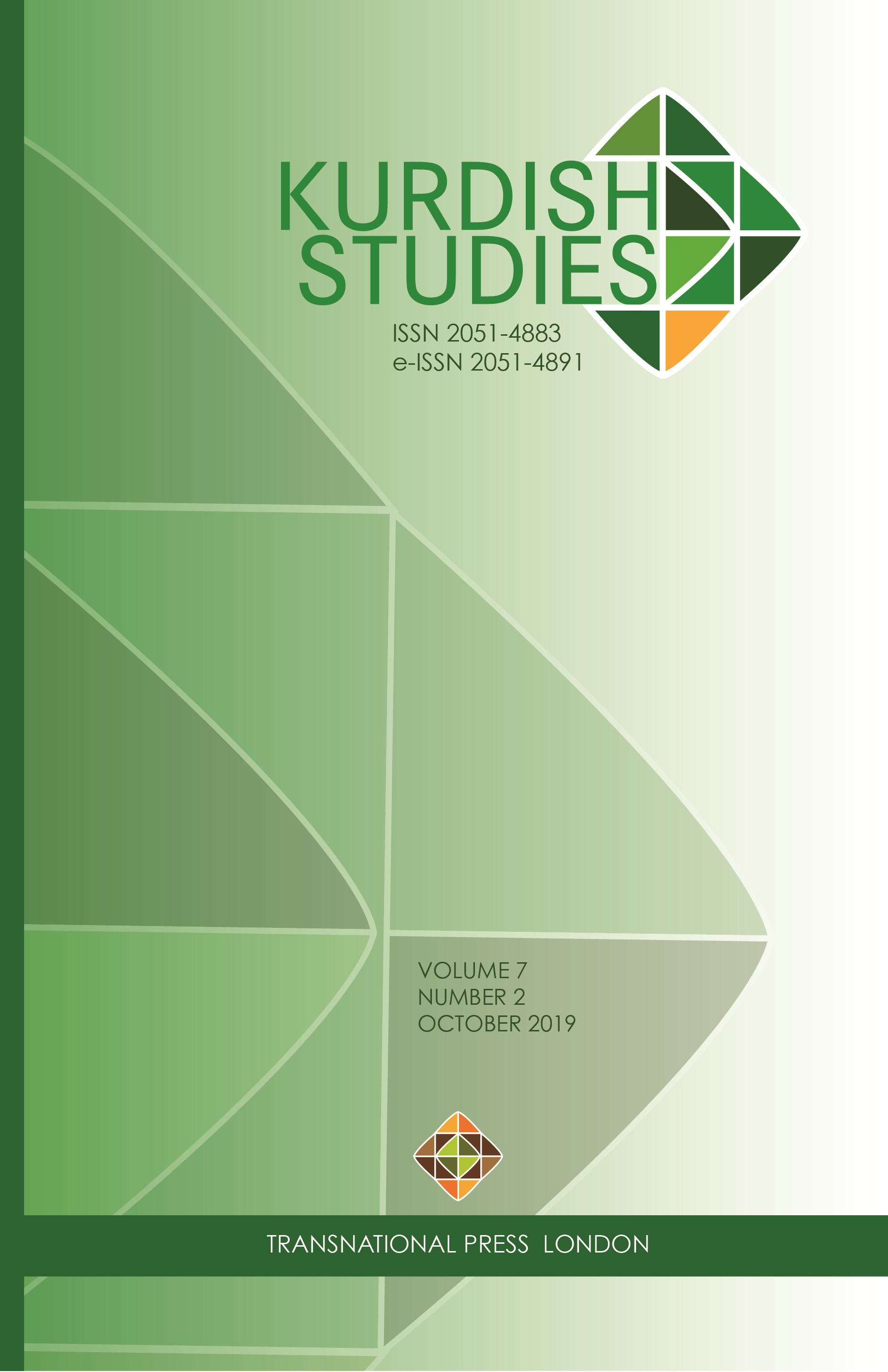British travellers, the Kurds, and Kurdistan: A brief literary history, c. 1520-1680
British travellers, the Kurds, and Kurdistan: A brief literary history, c. 1520-1680
Author(s): Gerald MacLeanSubject(s): Language studies, Ethnohistory, 16th Century, 17th Century, The Ottoman Empire, Translation Studies
Published by: Transnational Press London
Keywords: Kurdistan; Kurds; Ottoman Empire; Safavid Empire; historiography; British travellers; early modern travel writing;
Summary/Abstract: This essay investigates accounts of the Kurds and Kurdistan by sixteenth- and seventeenth- century British travellers to the Ottoman and Safavid empires by placing them alongside contemporary Kurdish and Iranian chronicles by Sharaf al-Din Khan Bedlisi (1597) and Eskandar Beg Monshi (1616-29). Although considerable attention has been paid in recent scholarship to early-modern British travellers’ accounts of the Christian, Jewish, and Muslim communities of the Levant, Middle East, and Persia, the Kurds have been entirely ignored. Early British travellers most often encountered Kurds in and around Aleppo, where the Levant Company established its headquarters during the 1580s. Remarkably few, however, commented on the Kurdish presence. Further east, Anthony Shirley and his companions on their mission to visit Shah Abbas in 1598 recognised Kurdistan to be a province between Baghdad and Qazvin, and regarded the Kurds as uncivilised and rootless vagabonds; for Shirley himself they provided a means to magnify his own importance. While earlier Venetian merchants “described Kurdistan and Kurds with perspicacity and in detail” (Galletti, 1995: 99), the accounts by the first British travellers alternated between description and fabrication.
Journal: Kurdish Studies
- Issue Year: 7/2019
- Issue No: 2
- Page Range: 113-134
- Page Count: 22
- Language: English

